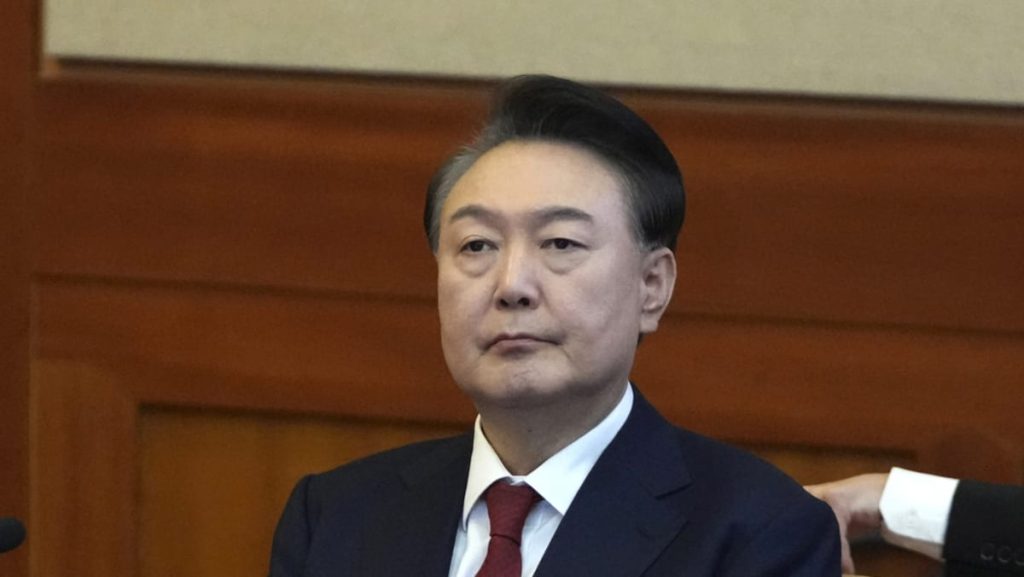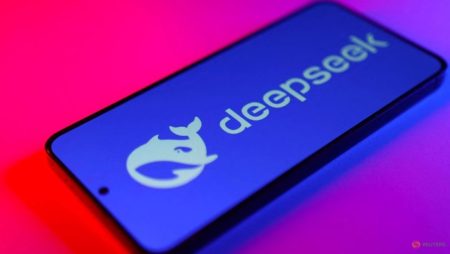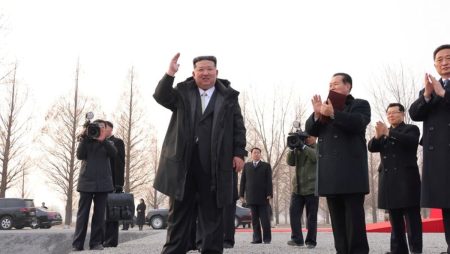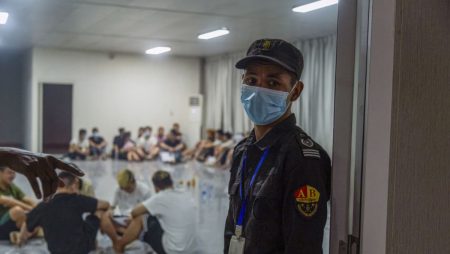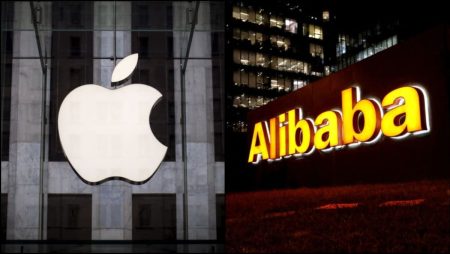Political Turmoil and the Declaration of Martial Law
South Korea, a nation renowned for its robust democracy, found itself in the midst of unprecedented political turmoil when President Yoon Suk Yeol declared martial law on December 3, 2023. This drastic measure, which suspended civilian rule and deployed military troops to key institutions, including the parliament, marked a significant deviation from the country’s democratic norms. President Yoon, known for his conservative stance and prior career as a prosecutor, argued that this decision was necessary to restore order and stability. However, this move was met with fierce opposition, setting the stage for a series of events that would test the resilience of South Korea’s political system.
The Opposition’s Swift and Decisive Response
The opposition, led by progressive factions, responded with remarkable swiftness and determination. In a bold move, opposition lawmakers defied the martial law, convening an emergency session of parliament where they voted to overturn the declaration. This act of defiance not only challenge President Yoon’s authority but also demonstrated the opposition’s commitment to upholding democratic principles. The situation escalated further when the parliament proceeded to impeach President Yoon, citing his actions as a grave violation of constitutional authority. This marked a significant turning point, as the nation watched its political landscape alter dramatically.
President Yoon’s Grievances Against the Opposition
As the legal proceedings unfolded, President Yoon’s grievances against the opposition became a focal point of his defense. During a hearing, he expressed deep frustration over what he perceived as disrespect and hostility from opposition members. He highlighted instances where lawmakers refused to applaud during his speeches or even shake his hand, interpreting these actions as indicative of a broader intent to undermine his administration. President Yoon emphasized the importance of respect and decorum in political dialogue, arguing that such gestures are fundamental to the functioning of a democracy. He contended that the opposition’s refusal to engage in these basic courtesies revealed a malicious intent to destabilize his government.
Legal Proceedings and the Constitutional Court’s Role
The legal ramifications of President Yoon’s actions are being closely examined by the Constitutional Court, which holds the authority to determine the validity of his impeachment. This court, known for its impartiality and adherence to constitutional principles, is pivotal in resolving the political impasse. President Yoon’s appearances in court, where he is transported from detention, have drawn significant public and media attention. These hearings are not merely legal proceedings but also a stage where the nation’s democratic values and the limits of executive power are being scrutinized. The outcome of these proceedings will have profound implications for South Korea’s political future, setting precedents for how similar situations are handled.
The Broader Context of President Yoon’s Presidency
To fully understand the current political climate, it is essential to consider the broader context of President Yoon’s tenure. Since assuming office, President Yoon has faced criticism for his aggressive approach to governance, which some perceive as authoritarian. His policies, particularly in areas such as education and justice reform, have been contentious, leading to widespread protests and public dissatisfaction. The political divide in South Korea, exacerbated by Yoon’s leadership style, has created an environment of heightened tensions between the ruling and opposition parties. This polarization has been a recurring theme throughout his presidency, culminating in the extraordinary events surrounding the declaration of martial law.
Conclusion and Implications for South Korea’s Future
The unfolding drama of President Yoon’s impeachment and detention serves as a stark reminder of the fragility and resilience of democracy. While the immediate focus is on the legal and political proceedings, the long-term implications for South Korea’s governance and political culture are profound. This episode underscores the importance of checks and balances within a democratic system and the need for political leaders to foster dialogue and compromise. As South Korea navigates this critical juncture, the nation’s ability to emerge stronger and more united will depend on the commitment of its leaders and citizens to uphold democratic values and the rule of law. The outcome of this political saga will undoubtedly shape the trajectory of South Korea’s future, offering valuable lessons for democracies around the world.





